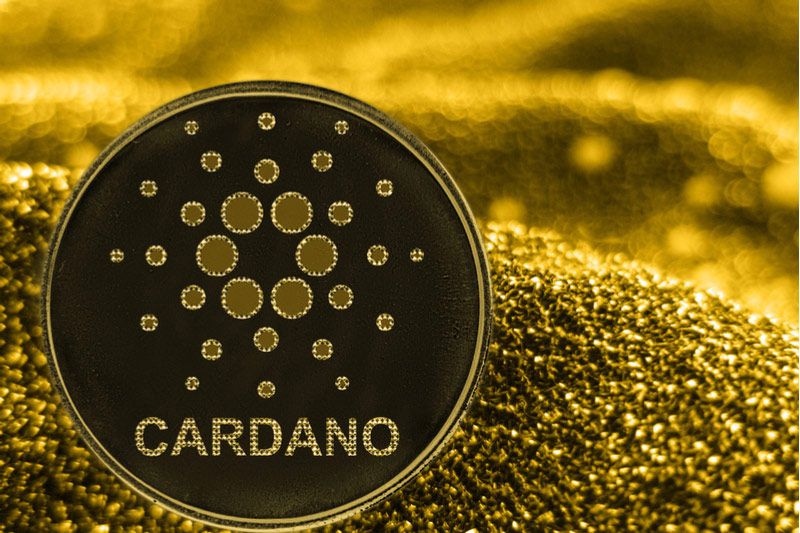Investing.com – (ADA) and (DOT) are often considered “killers” due to their different approaches to addressing Ethereum’s limitations. As competition between these projects increases, attention is turning to their governance models, with both blockchains promising to give users a say in their future.
Polkadot has adopted an open governance system called OpenGov, which allows all DOT token holders to propose and vote on changes directly. This permissionless, on-chain approach allows the community to decide on a variety of issues, from technical adjustments to treasury spending.
Polkadot’s treasury is currently valued at around €300 million. It is earmarked for various projects, with funds spread across different spending categories. The community can vote on proposals for periods of between 7 and 28 days, depending on their complexity and importance. The recent “Decentralized Voices” initiative balances voting power by giving more influence to active community members.
Cardano, for its part, is taking a more gradual approach to decentralization. Its governance journey began with Project Catalyst, which allows ADA holders to vote on funding proposals.
Unlike Polkadot’s far-reaching model, Catalyst focuses on smaller-scale funding rather than core protocol changes. However, this is set to evolve with the introduction of the Voltaire era, a governance system that allows ADA holders to vote on important decisions or delegate their voting rights.
Cardano's €450 million treasury will soon be accessible to the community under its new governance system.
Both blockchains emphasize community involvement, but they do so in different ways. Polkadot engages its community through open forums and platforms like Polkassembly and SubSquare, where any token holder can contribute to discussions before a vote is taken.
Cardano’s governance, currently in transition, relies on more structured layers of decision-making. Proposals undergo a peer review process and need multiple approvals before coming to a vote.
That said, Polkadot governance has matured rapidly since the launch of OpenGov in 2022, moving from theory to practice with hundreds of community-led referendums.
Cardano’s governance evolution, meanwhile, is less comprehensive, but equally ambitious. The next phase, Voltaire, is expected to introduce a governance framework that could rival Polkadot, with full community control over the future of the blockchain. However, this transition remains a work in progress, with several challenges ahead.
The choice between Polkadot and Cardano may come down to what users value more: Polkadot’s fast-moving, community-driven governance model or Cardano’s careful, research-backed approach.









